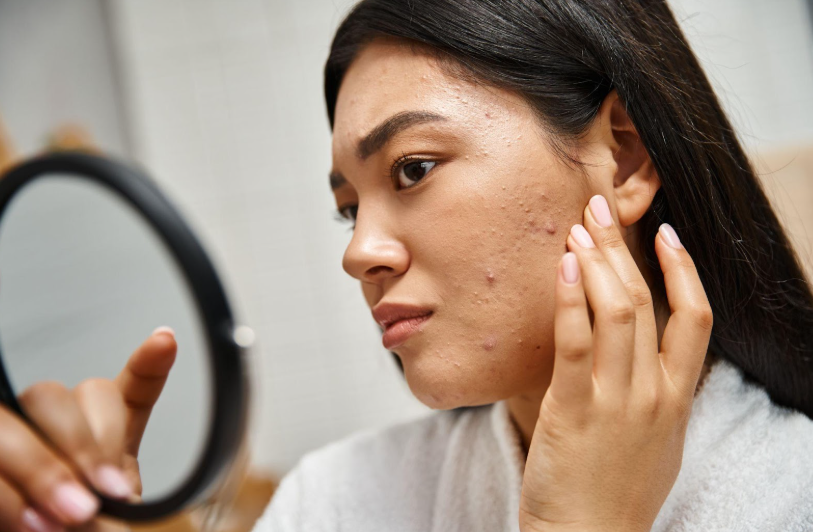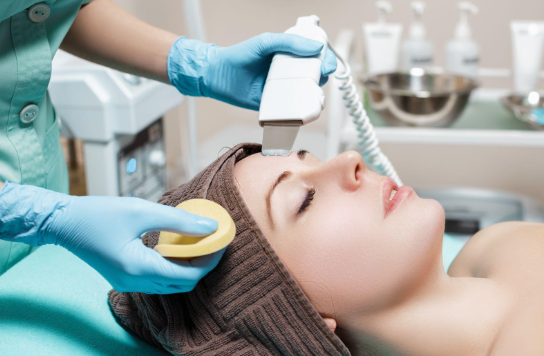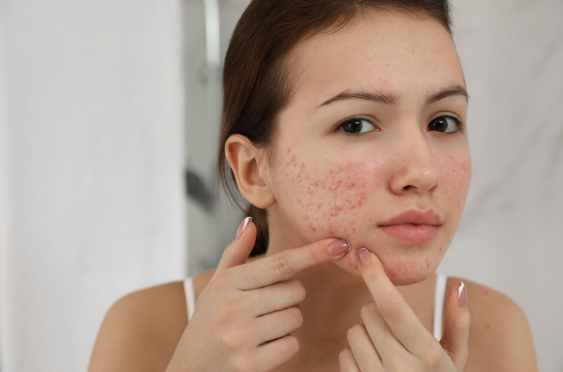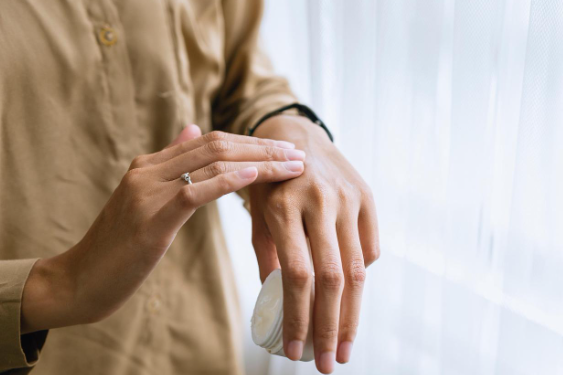Dry Winter Skin: FAQs + Treatment
Frequently Asked Questions + Effective Treatments for Dry Winter Skin

For many people, winter is a time of dry, itchy, scaly skin. Some people experience severe dry skin that cracks and even bleeds. In addition to the aesthetic issues and discomfort caused by this condition, dry skin can signal underlying conditions like atopic dermatitis. Severely dry, cracked skin can also lead to bacterial infections.
For people suffering from dry winter skin, it’s important to find effective treatments that provide relief from the itchiness, scaliness and tightness the condition causes.
Today, Pine Belt Dermatology is exploring some frequently asked questions and effective treatments for wintertime dry skin.
Why Does Skin Get Dry in the Winter?
The main causes of dry skin are a dry external environment (low moisture in the air), frequent hot showers and hand washing, not drinking enough water, and using harsh detergents or soaps.
For many people, dry skin appears in the winter, when the moisture content in the air decreases. Relative humidity levels of 50% - 60% are ideal for keeping skin moist, but most areas of the United States dip to relative humidity levels of below 50 by the afternoon during winter.
Additionally, most of us turn on the central heating or use fireplaces during winter, further drying out the air around us. We also stay inside far more, exposing our skin, nasal passages, eyes and throat to increasingly dry air.
One study showed that sleeping in 30% relative humidity decreased skin hydration by over 24%1.
Combine low moisture levels with cold temperatures, and skin can become red, cracked, scaly and itchy. Extremely dry skin can also cause a rough, scaly appearance to the skin that makes many people feel self-conscious. These dry patches often appear on commonly visible parts of the body, like the face, hands, knees, shins and feet.
Which Medical Conditions Can Cause Dry Skin?
In addition to environmental conditions and lifestyle factors, certain underlying medical conditions can cause dry, scaly, itchy skin.
Atopic dermatitis (the most common type of eczema) is a skin condition that causes itchy, red rashes on the skin. AD is caused by immune system dysfunction, which triggers an inflammatory response in the body. This inflammation damages the skin barrier, leaving the skin extremely dry and infection-prone. Atopic dermatitis can flare at various times throughout a person’s life. The most common triggers are allergens like pet dander, pollen, stress, and certain soaps and detergents. Skin that is severely dry for a long period of time can also trigger a flare of AD.
Psoriasis,
diabetes,
contact dermatitis, and
hypothyroidism can also cause dry skin.
It’s important to seek medical advice if you believe you have any of the above conditions.
How Can You Treat Dry Skin in Winter?
The majority of cases of dry skin are caused by loss of moisture from the epidermis (the outermost layer of skin). As we stated before, dry skin is common during the winter because relative humidity decreases, and the atmosphere is colder. Fortunately, there are easy ways to maintain and replenish the moisture level in dry skin.
Shower or bathe in warm (not hot) water, and limit your time to 10 minutes or less. Long, hot showers, especially during the winter time, can strip your skin of its natural oils, making dry skin even worse. Stick to a temperature of around 98.6 degrees Fahrenheit, and keep your showers or soaks on the short side.
Apply moisturizers immediately following your showers or baths.
Applying creams, oils or ointments when your skin is still damp can seal in the hydration and increase its moisturizing benefits.
Choose moisturizers that contain the best hydrating ingredients. Thanks to science, we know of a few ingredients that are superior at moisturizing dry skin. Look for the following ingredients when choosing a moisturizer or skin ointment: lactic acid, hyaluronic acid, glycerin, jojoba oil, propylene glycol, mineral oil, shea butter, petroleum jelly (petrolatum), and dimethicone.
Avoid harsh soaps and detergents. Traditional soap is made of salt from fatty acids, usually mixed with lye. The pH of traditional soaps can range from 8 to 11, much higher than the natural pH of human skin, which is 5.5. In addition to changing skin’s natural pH, conventional soap also strips the skin of its healthy natural oils. Bar soaps are generally the harshest on the skin, but many body washes also contain stripping properties. Similarly, many laundry detergents contain harsh chemicals and fragrances that can strip the skin of oils and even cause allergic reactions. Look for detergents labeled “hypoallergenic,” and wear soft, breathable clothing.
When Should You See a Dermatologist for Dry Skin?
If you continue to suffer from dry, chapped, cracked and irritated skin, despite taking the necessary steps to treat it, it may be necessary to see a dermatologist.
Certain skin conditions, like eczema, psoriasis, ichthyosis, and rosacea, can cause dry, scaly, itchy, red skin. Without proper treatment, however, these conditions persist or can even get worse.
An experienced dermatologist can diagnose your condition and provide you with treatment options that work for you.
Pine Belt Dermatology has dermatology clinics in Hattiesburg, Biloxi, Ellisville and Petal, Mississippi.
Contact us today to schedule your appointment or learn more about our services.
Sources:
- "A study of skin characteristics according to humidity during sleep." 8 Jan. 2019, https://pubmed.ncbi.nlm.nih.gov/30620080/.










